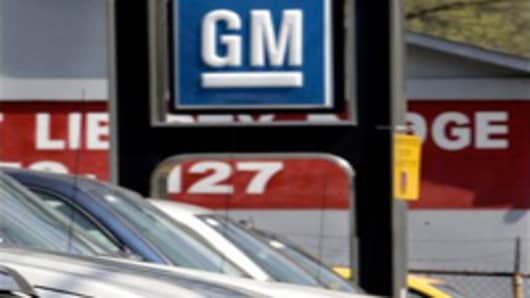When it comes to the auto industry, there are more than just millions of auto-related jobs on the line. Billions of dollars in advertising—arguably the cornerstone of the industry—is at stake.
That means everyone from the advertising agencies to TV networks, to local newspapers, would be affected. And this comes at a time when the ad industry is already suffering from the economic downturn and the transition from traditional commercials to web ads. The U.S. automakers are at the backbone of many parts of the U.S. ad industry. The TV networks' schedule and season that starts in the fall was even built to cater to the auto industry's release schedule for new vehicles.
General Motors , Ford , and Chrysler together accounted for 3.3 percent of measured ad spending in 2007, a total of 4.6 billion dollars. If you include unmeasured ad spending it's well over 7 billion dollars. Now just over three percent may not sound like a lot, as my colleague Dennis Kneale noted, but I'd like to point out that the percentage is of the entire advertising industry, and that General Motors and the like are among the biggest single advertisers in the country, and are incredibly important to certain sectors.
The four major TV networks saw nearly six percent of their revenue last year come from the American carmakers. If one or all three were to fail, it would be particularly hard on News Corp's Fox, which drew 9.2 percent of its revenue from these advertisers last year. So far this year it's only gotten worse: through July 2008 Ford and Chrysler each spend 22 percent less on advertising than last year, while General Motors dropped its spending by six percent.



